Ivan Andrievsky: ‘Chinese projects of incinerators are closer to us’
Russian Union of Engineers — about a new partner from China for the construction of an incinerator plant in Kazan
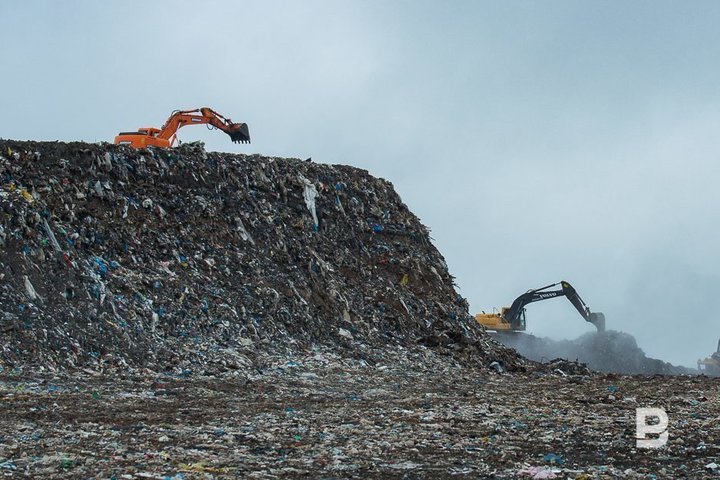
RT-Invest's desire to keep secret the name of a new technological partner from China for the construction of an incineration plant in Tatarstan is a common practice of relations with Chinese companies, experts explain. “One can only guess who will supply the equipment to the plant in Kazan, and our side 'dreads the fire' so that everything turns out well and our 'frienemies' do not harm the case," commented the Russian Union of Engineers on the replacement of the Swiss-Japanese consortium with a manufacturer from China. The first vice-president of the union, Ivan Andrievsky, in the author's column for Realnoe Vremya, discusses which company from China could implement the incinerator plant project in Osinovo, how much the costs will increase, and why the experience of this country is closer to us than the Western one.
There are plenty of worthy Chinese companies to replace Hitachi Zosen Inova
In Kazan, a new technology partner has been chosen to implement the project of building an energy waste disposal plant instead of the withdrawn Hitachi Zosen Inova consortium. RT-Invest reported that the equipment will be supplied by “the largest Chinese manufacturer” and “the selected technology meets all previously approved environmental and technical parameters”. Questions arise — could it be one of the largest Chinese operators of waste energy recycling plants Everbright Environment and which other Chinese companies could implement the incinerator plant project in Kazan?
The name of the new partner of RT-Invest will be kept secret until the last and will be announced after the signing of the final agreements. This is a common practice, one of the features of partnerships with Chinese companies, which, as a rule, try not to announce anything in advance. Therefore, now we can only guess who will supply the equipment to the plant in Kazan. Well, of course, our side “dreads the fire” so that everything turns out well and our “frienemies” do not harm the case.
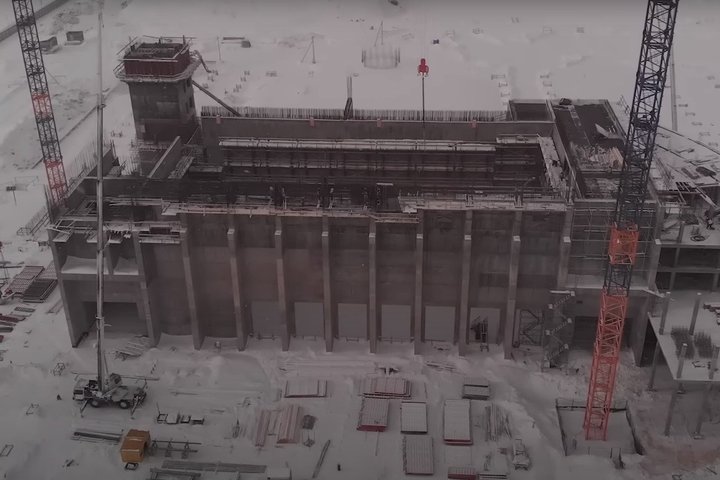
Everbright Environment may well ensure the implementation of this project. Considering that the company is also active abroad, it looks like one of the most likely partners of RT-Invest.
However, in China, the field of waste recycling is developing at a powerful pace today, so there are more than enough decent companies in China that can replace Hitachi Zosen Inova, and no less than 20
A unique reputation has been earned by Shenzhen Energy Environmental Co. Ltd, which manages the world's largest incineration plant in Shenzhen. One should not forget about the state-owned company China National Environmental Protection Group (CNEPG), which was considered a potential partner even at the stage of developing the plant project in Kazan.
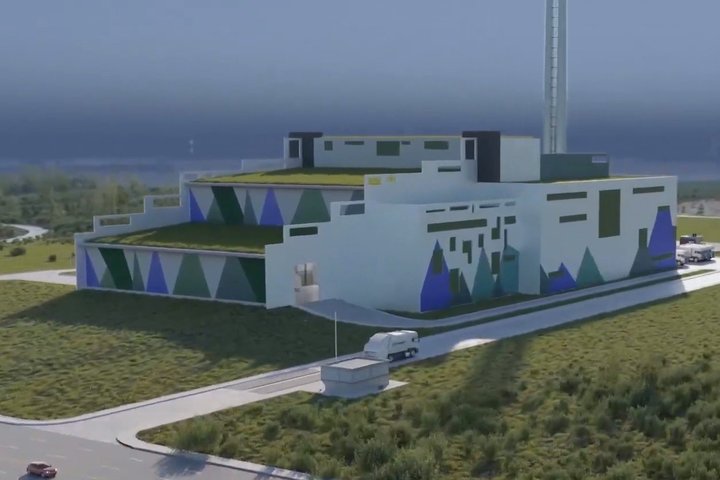
A significant increase in the cost of the project can be avoided, but there are additional works
How much can a deal with a Chinese partner for the implementation of a project in Kazan be estimated? The financial parameters of the project, as well as the name of the new partner, will not be disclosed yet either — all the same specifics of interaction with Chinese companies. Therefore, the latest RT-Invest data will be the main financial reference point now. Earlier, the company announced investments of 25-28 billion rubles. Given that a significant amount of work has already been done on the project — the “box” of the facility has been prepared, it can be assumed that at least a significant increase in the project budget will be avoided. However, there are additional works in any project. Such projects cannot do without them.
Where does the extra work come from? Firstly, design is a desk job, something is always changing on site, especially in earthworks. Secondly, during the implementation of the project, proposals are often received to improve it and increase the initial area, usually by 5-10%.
Is Chinese equipment for waste energy recycling plants inferior to equipment from Hitachi Zosen Inova or other Western manufacturers?
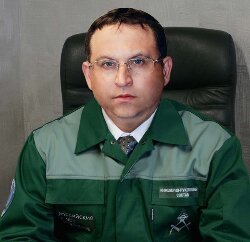
The price segment of such expensive equipment already implies a certain level of quality and reliability. Therefore, in this case, we may be talking about various technological nuances of use or service issues, but quality problems should not be expected.
Of course, reducing the choice of partners is not a positive phenomenon, but given the rather narrow profile of potential partners, the withdrawal of Hitachi Zosen Inova is definitely not a tragedy
Chinese incinerator plant economic model is closer to Russia than the European or Japanese one
What is China's experience in the construction of incinerators? Today, China is one of the leaders in the development of incineration plants in the world. More than 400 waste-to-energy recycling plants are operating and under construction in the country. This experience, of course, will be of interest to Russia as well. Having built 400 factories, China has gained a lot of experience in the reliability of manufactured equipment and operation. In fact, the life cycle of the plant. You must admit, if there were 50-100 factories with experience, that would be a lot, but they have 400!
What are the prospects for Russian-Chinese cooperation in the field of incinerator plant and is it worth developing it? The answer to this question is unequivocal — of course, it is worth it. Moreover, the Chinese economic model of energy utilisation projects is closer to Russia than the European or Japanese one. Let me remind you that Hitachi Zosen Inova is a Swiss-Japanese company. The thing is that the incinerator, which processes garbage into energy, focuses on making a profit from the sale of energy. However, the cost of energy production at such plants is significantly higher than production by traditional generation methods. Therefore, the financial model of such project is very complicated. In Europe, the price of energy is two, three, or even four times higher than in Russia, and in Japan energy costs almost three times more expensive. As a result, investment risks for incinerator projects in Europe and Japan are more balanced than in Russia.
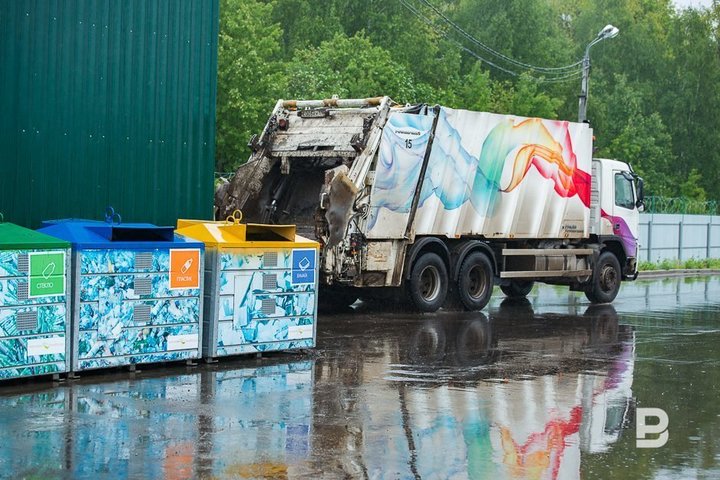
But the price of energy in China is at the same level as the Russian one, so Chinese projects and financial and economic models for waste incineration plants are closer to us and it is on them that we should focus.